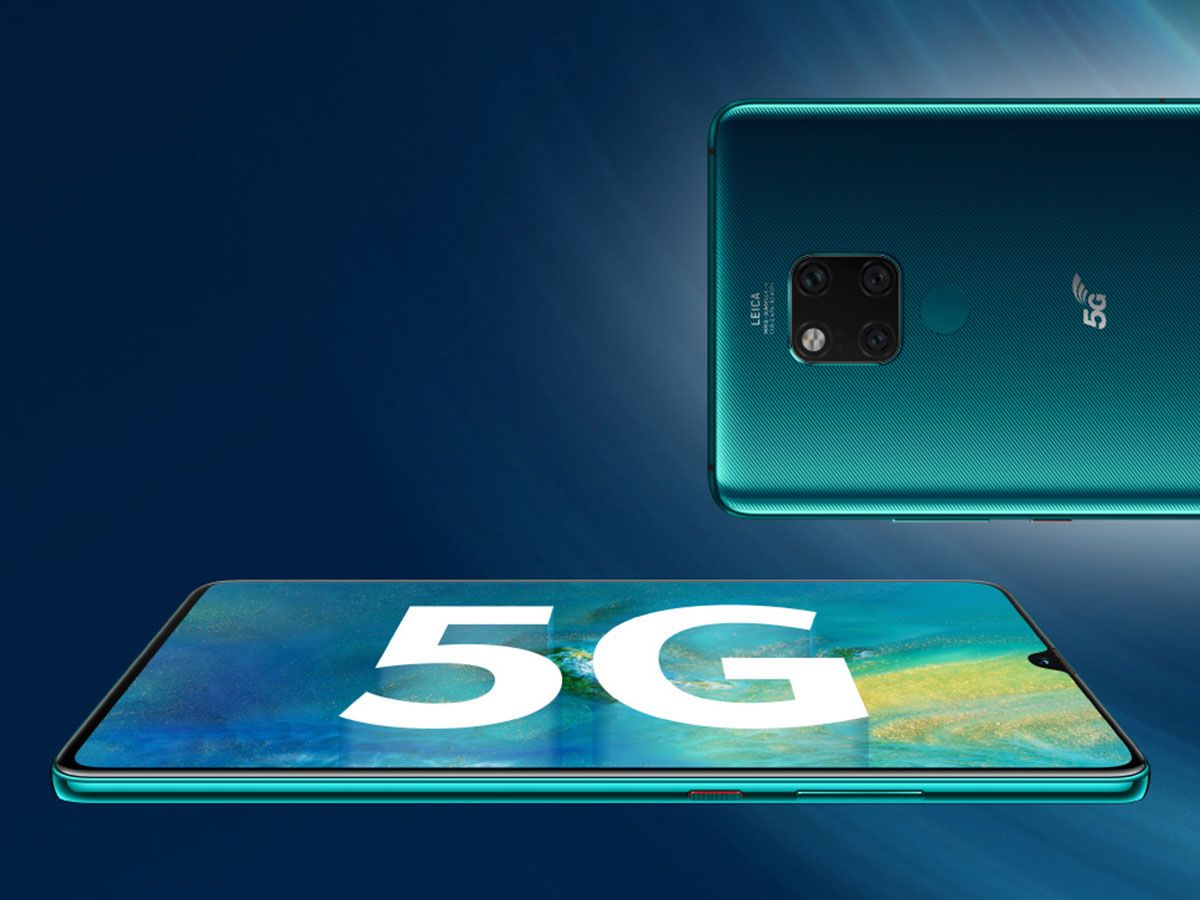advertisement
U.S may lift ban on Huawei technologies
The U.S. may approve licenses for companies to re-start new sales to Huawei in as little as two weeks, according…

The U.S. may approve licenses for companies to re-start new sales to Huawei in as little as two weeks, according to a senior U.S. official, in a sign President Donald Trump’s recent effort to ease restrictions on the Chinese company could move forward quickly as reports Reuters.
Huawei, the world’s largest telecommunications equipment maker, was added to a Commerce Department list in May 2019 that prohibited U.S. companies from supplying it with new American-made goods and services unless they (Huawei) obtained licenses that would likely be denied.
Huawei and 70 of its affiliates were added to an exports blacklist that could seriously cripple Huawei’s ability to conduct business for the foreseeable future. The US government would then have to approve Huawei’s purchases of US components and technology as the ban would affect US companies conducting business with Huawei.
advertisement
President Donald Trump would then in June 2019 have a meeting with Chinese president Xi Jinping, at which he(Trump) announced that American firms could sell products to Huawei in an effort to ease restrictions on the Chinese company could move forward quickly.“In recent days, licenses would be issued where there is no threat to national security,” said. Wilbur Ross, the Commerce Secretary.
Trump’s reversal, and rapid implementation by the Commerce Department, suggests chip industry lobbying, coupled with Chinese political pressure, may well reignite U.S. technology sales to Huawei. Two U.S. chipmakers who supply Huawei told Reuters in recent days they would apply for more licenses after Ross’s comments. They asked to remain anonymous.
A customer response management company and a firm that simulates cross-sectional radar for Huawei are also likely to file applications in the coming days, according to Craig Ridgley, a trade compliance consultant in Washington.
advertisement
Out of $70 billion that Huawei spent buying components in 2018, some $11 billion went to U.S. firms including Qualcomm (QCOM. O), Intel (INTC.O) and Micron Technology (MU.O).
“Since there is no downside, companies are absolutely submitting applications, as required by the regulations,” said Washington lawyer Kevin Wolf, a former Commerce Department official.
A Huawei spokesman said, “The Entity list restrictions should be removed altogether, rather than have temporary licenses applied for US vendors. Huawei has been found guilty of no relevant wrongdoing and represents no cybersecurity risk to any country so the restrictions are unmerited.”
advertisement